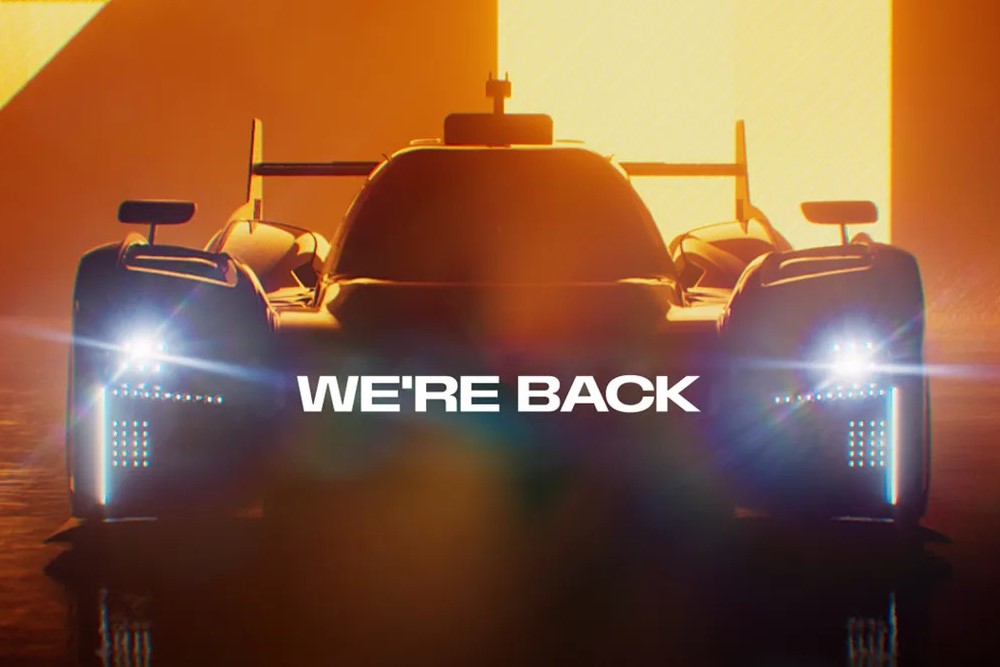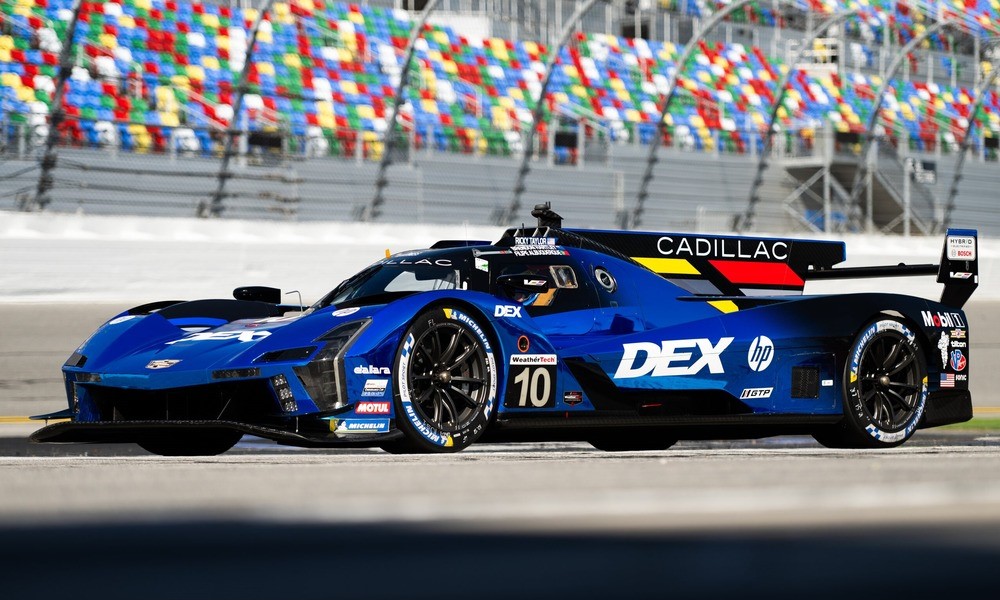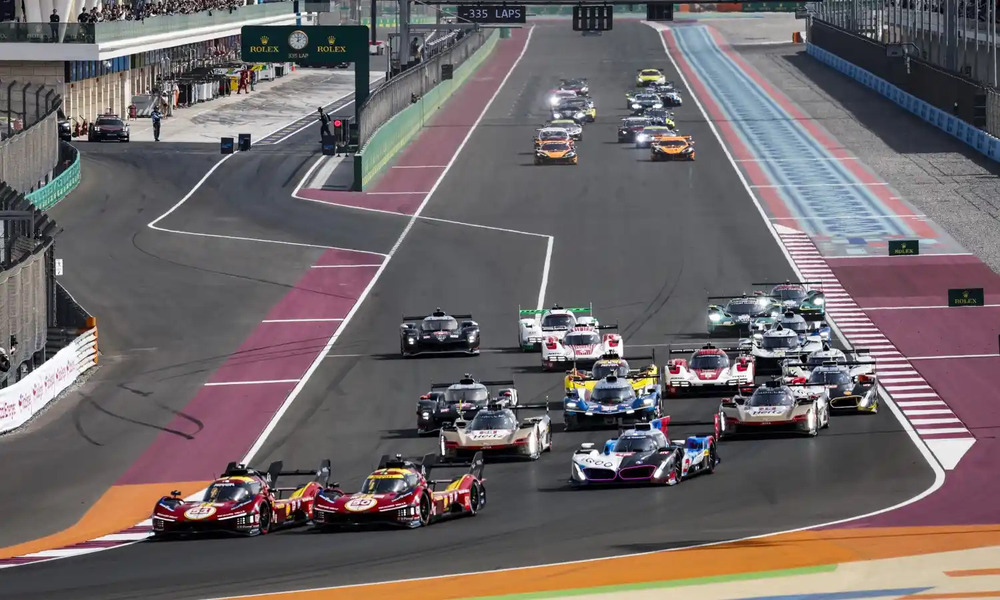Hyundai Aims to Expand Motorsport Footprint by venturing into Prototype Endurance Racing with a WEC Hypercar project
In a significant development for the world of endurance motorsport, South Korean automotive giant Hyundai is gearing up to launch a full-fledged program in the FIA World Endurance Championship (WEC), including a campaign at the prestigious 24 Hours of Le Mans.
According to multiple reports, Hyundai is actively preparing to enter the WEC’s top-tier Hypercar class, with plans to potentially field its own hybrid prototype as early as the 2026 season. This move would mark a major expansion of the company’s motorsport activities, which have primarily been focused on the World Rally Championship (WRC) in recent years.
The decision to pursue a WEC Hypercar program comes on the heels of the FIA’s announcement of a two-year extension to the current Hypercar and GTP (Grand Touring Prototype) technical regulations.
This extension, which will now run until the end of the 2029 season, has provided Hyundai and other manufacturers with the necessary long-term certainty to commit significant resources to the development of new prototype racecars.
“Hyundai is exploring different categories and has a desire to make it clear our ambition in this sport,” said Cyril Abiteboul, Hyundai Motorsport’s president and team principal, in a recent interview.
“There will be an announcement in due course by the relevant person, where we will lay out our plans for the WRC and the longer-term future.”
While Abiteboul remained coy on the specifics of Hyundai’s WEC plans, industry sources suggest that the Korean manufacturer has already identified French constructor ORECA as a potential chassis development partner for its Hypercar project.
ORECA has extensive experience in the LMDh (Le Mans Daytona hybrid) category, having provided the core of the Acura ARX-06 and Alpine A424 prototypes currently competing in IMSA and the WEC, respectively.
Furthermore, it is understood that Hyundai is in contact with Chip Ganassi Racing, the renowned American racing team, regarding a potential collaboration for its WEC and IMSA (International Motor Sports Association) programs.
This partnership would allow Hyundai to compete in both the WEC and the IMSA SportsCar Championship’s GTP class with the same team, leveraging Ganassi’s expertise and infrastructure.
The move into endurance racing represents a significant strategic shift for Hyundai, which has long been associated with its successful World Rally Championship efforts. However, the company’s interest in the WEC and its commitment to exploring alternative motorsport avenues, including the potential use of hydrogen fuel-cell technology, suggest a broader vision for the brand’s motorsport future.
“Hyundai has long had an interest in entering the sportscar arena, possibly under the banner of its Genesis luxury brand,” noted one industry insider. “It is known to have taken a place on some of the relevant FIA technical working groups, including the one exploring the introduction of hydrogen in the WEC, currently scheduled for 2028.”
This potential hydrogen-powered future could be a significant factor in Hyundai’s decision to pursue a WEC Hypercar program, as the championship is set to introduce hydrogen-fueled prototypes as early as 2028.
The Korean manufacturer’s experience with fuel-cell technology, as demonstrated by its Nexo SUV, could give it a valuable advantage in this emerging field of motorsport innovation.
The implications of Hyundai’s WEC ambitions extend beyond the endurance racing realm, as the move could also have a significant impact on the brand’s long-term commitment to the World Rally Championship.
While Hyundai has invested heavily in the WRC, with the recent development of a new i20 N Rally1 car, the potential distraction of a high-profile Hypercar program could raise questions about the brand’s future in the rally series.
“It is unclear if a move into sportscar racing will affect Hyundai’s involvement in the WRC,” noted one motorsport analyst. “Although, talk of a WEC program sparked rumors in the Rally Poland service park that Hyundai could leave the WRC.”
However, given Hyundai’s vast resources and its desire to maintain a prominent presence in global motorsport, it is entirely possible that the company could pursue parallel programs in both the WEC and the WRC, leveraging its expertise and resources to compete at the highest levels of endurance and rally racing simultaneously.
As the motorsport world eagerly awaits Hyundai’s official announcement regarding its WEC plans, the potential impact of this move cannot be overstated.
The Korean manufacturer’s entry into the Hypercar class would further bolster the already impressive lineup of manufacturers committed to the FIA World Endurance Championship, solidifying the series’ status as a premier destination for cutting-edge endurance racing technology and competition.





